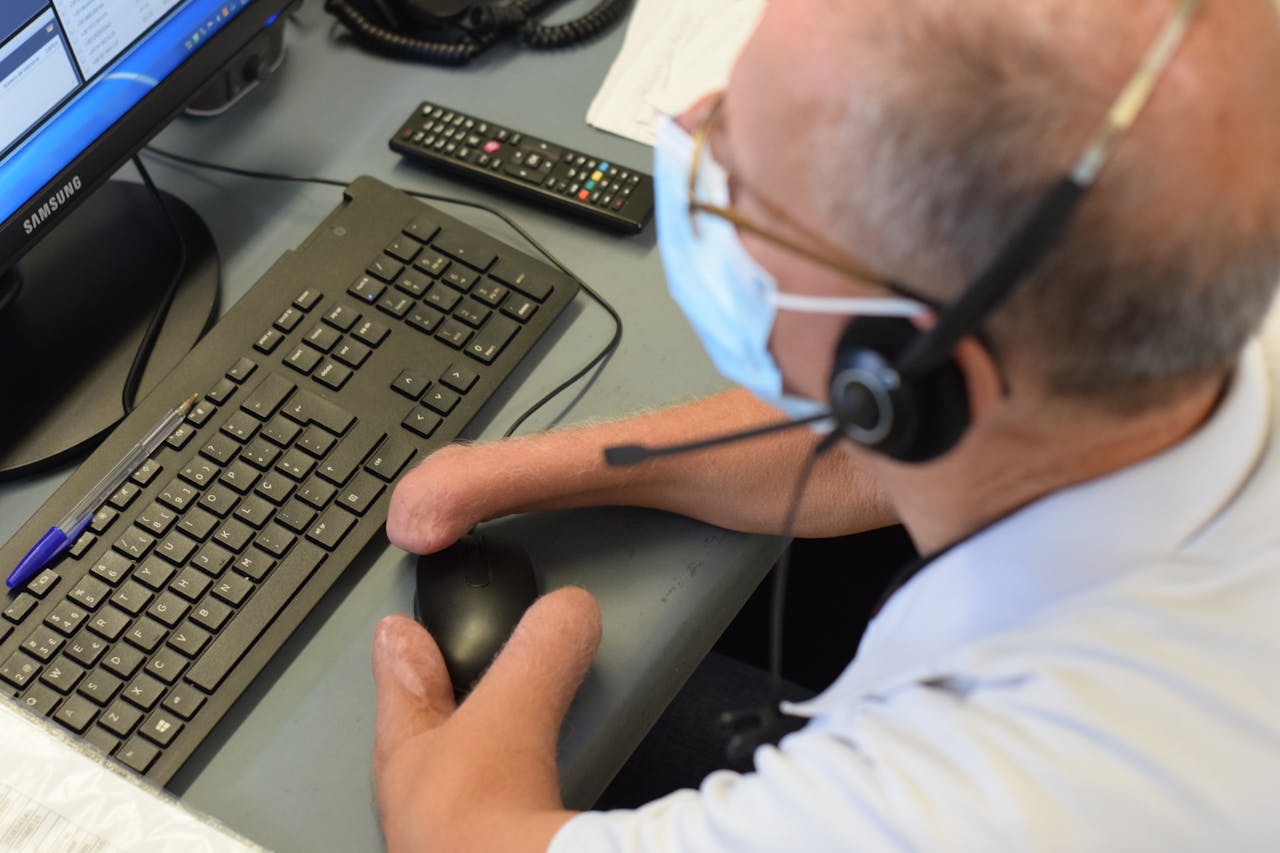The Importance of Disability Awareness
In today’s society, disability awareness is not just a matter of understanding, but a crucial step towards building a more inclusive and equitable world. With millions of people globally living with disabilities, recognising their rights and contributions is essential for societal progress. This blog explores the significance of promoting disability awareness, the impact of inclusivity, and practical ways to enhance understanding within our communities.
Why Disability Awareness Matters
Raising awareness about disabilities is vital for creating a society where individuals are valued for their abilities, rather than judged by their limitations. Awareness encourages empathy, reduces prejudice, and promotes acceptance. It allows us to celebrate diversity by acknowledging the varied experiences and talents that individuals with disabilities bring to the table.
Inclusion is more than just a buzzword; it is a fundamental right for all individuals. When society embraces inclusivity, it can transform the lives of people with disabilities. Access to education, employment, and social opportunities becomes more equitable, leading to improved quality of life and self-esteem. Inclusive environments also benefit society as a whole by fostering innovation and creativity.
Challenges and the Power of Awareness
Despite the progress made towards equality, individuals with disabilities still face numerous challenges. These include physical barriers, lack of access to public spaces, and discrimination. Often, these challenges are compounded by societal attitudes rooted in misinformation or ignorance.
Awareness efforts play a critical role in dismantling these barriers. By educating the public about the realities faced by individuals with disabilities, we can change perceptions and behaviours. Awareness initiatives help to highlight the importance of accessibility, advocate for necessary policy changes, and encourage the design of products and services that cater to diverse needs.
The Role of Caregivers and Educational Institutions
Caregivers and educational institutions are at the forefront of fostering inclusive environments. Caregivers provide essential support, ensuring that individuals with disabilities lead fulfilling lives. By advocating for their loved ones, caregivers can influence policy and community attitudes.
Educational institutions hold a unique position in shaping the next generation’s understanding of disability. By integrating disability awareness into curriculums, schools can teach empathy and acceptance from an early age. This not only benefits students with disabilities but also prepares all students to become compassionate future citizens.
Practical Steps for Increasing Disability Awareness
Increasing disability awareness requires concerted efforts from individuals, communities, and institutions. Here are some practical steps to consider:
- Education and Training: Organise workshops and training sessions to educate people about different types of disabilities and appropriate etiquette. Providing resources and materials that accurately represent disabilities is crucial.
- Community Engagement: Foster dialogue within communities to address misconceptions and promote understanding. Hosting events that celebrate the abilities and achievements of people with disabilities can be very effective.
- Policy Advocacy: Work towards implementing policies that promote accessibility and inclusivity. Support legislation that protects the rights of individuals with disabilities and ensures equal opportunities.
- Support Networks: Develop and strengthen networks that offer support and resources to people with disabilities and their families. This could include support groups, counselling services, and advocacy organisations.
- Media Representation: Encourage accurate and positive portrayal of individuals with disabilities in the media. Representation matters and can significantly influence public perceptions and attitudes.
By taking these steps, we can make meaningful progress towards a world where disability is understood and accepted.
Conclusion
Disability awareness is not just about understanding; it’s about action. By promoting awareness, we can create a society that values the contributions of all its members, regardless of their abilities. Caregivers, educators, and advocates play a vital role in this mission, helping to foster environments where everyone has the chance to thrive. Through education, policy change, and a commitment to inclusivity, we can build communities that are truly welcoming for everyone. Let’s continue to champion these efforts and make inclusivity a reality for all.

